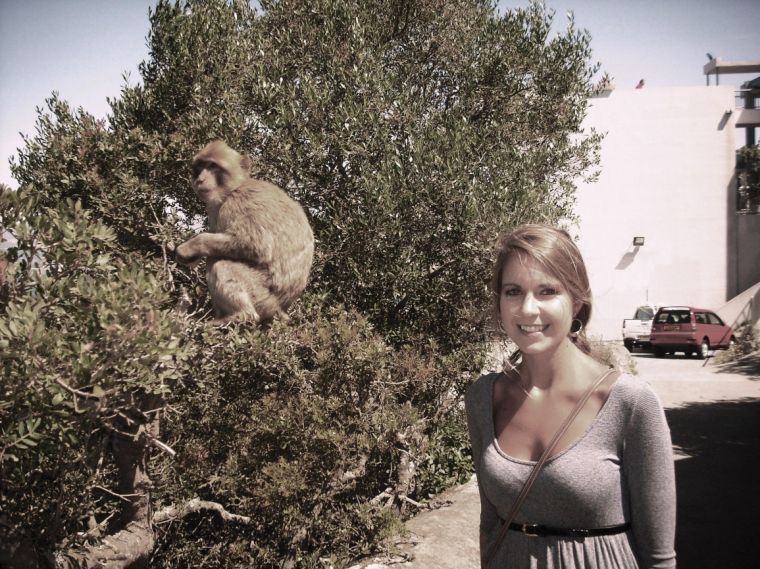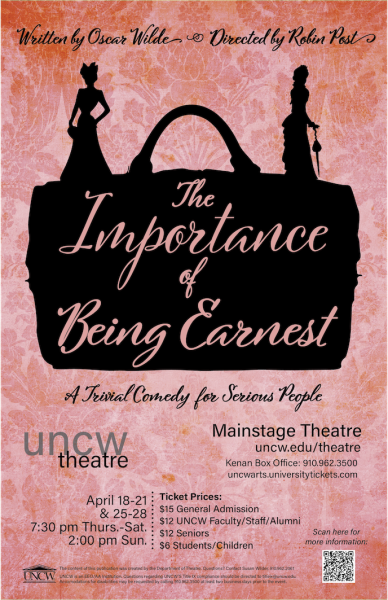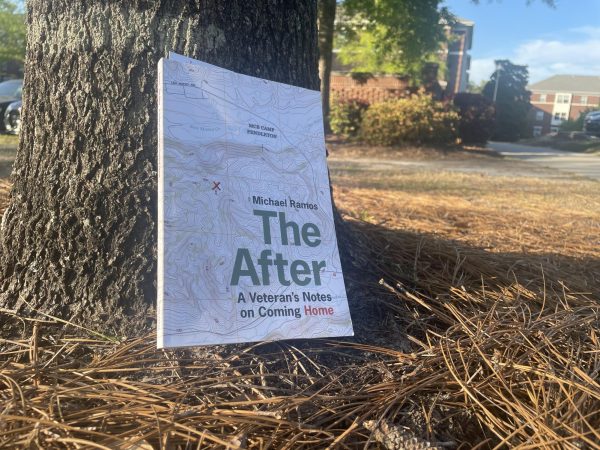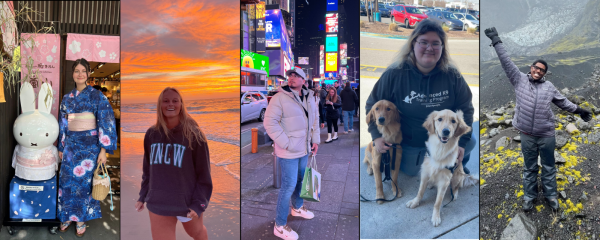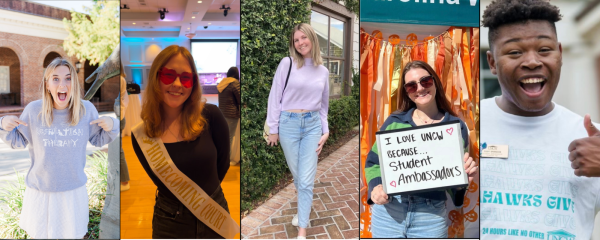Lessons learned in Europe: UNCW student shares study abroad experience
July 5, 2012
The moment I heard the phrase, “You’re a cheeky monkey,” I knew I wasn’t in North Carolina anymore.
I began my Scotland study abroad experience with zero expectations of the European countries I planned to visit and the way I would feel when I returned home.
Attending a university in Scotland was the easy part-traveling was a little trickier.
It was my first time out of the country and the only expectation I had of myself was to acquire at least one thing and bring it back to America-if not in my thought process, then at least in my suitcase.
I used a limited budget, a curious mind, and a few Googled phrases to do just that.
Learn how to ask “free?” in any language
It’s a misconception that adventure comes at a high price.
Before I travelled to any of the eight countries I visited, I researched free activities in each area. I was curious about the residents of these countries, what they did on a Friday night that didn’t make them feel guilty for spending money.
I sat in the oldest bar in Malaga and watched live flamenco dancing for free. I listened to local bands in Belfast while a surly Irishman offered me his perspective on Mitt Romney in between sets for free.
I remember feeling this sense of pride, that I had duped some sort of system by paying nearly nothing for entertainment.
One of the most valuable resources for low-budget activities are hostels. Most of them provide information on the shortest and most cost effective transportation to any destination.
In general, staying in hostels cuts accommodation costs almost in half. Be warned, however, that the following items may be found in a hostel upon walk-in: a disco ball, a scraggly dog, a pair of lacy panties, and one hundred French teenagers on a field trip.
It’s always advisable to appraise accommodation based on the quality of the staff rather than the number of unnecessary pairs of underwear on the floor. The staff is typically welcoming, interested in their tenants, and sometimes more fascinating than any traveler’s destination.
In Paris, I used my hostel map for walking paths to my destinations, avoiding long taxi rides and opening the opportunity for spontaneity. Mostly, that meant finding the best coffee spots.
Caffeine and the concept of the power walk are nothing without each other.
Cultural stimulation is far more accessible with walking. I took a long stroll from the Opera House to the Eiffel Tower, smelling fresh bread along the way and listening to hurried yet sumptuous conversations. I crouched underneath the lights of the Tower with two friends who wished to speak more consciously about the modishness of the scenery than the quality of the half-cooked noodles-in-a-box I purchased for dinner.
Traveling on a budget is far more valuable when you’re sharing the experience with someone else.
Which brings me to the notion of the travel buddy.
The struggle-times two
The gravity of traveling with friends commenced when I took a solo fifteen-hour bus ride from Scotland to Wales.
I rejoiced over the mere ten pounds I spent, but suffocated in a trapped space five feet away from a woman breastfeeding and two feet away from a man drooling all over his breakfast burrito.
It would’ve been more amusing to suffer the stale air with a companion, someone to help clean up the pieces of egg that my drooling neighbor accidentally dropped on my seat.
On the other hand, on a trip to Rome, I spent three nights in a tent with a friend who was willing to live less comfortably in order to stay in Italy longer, for cheaper.
I had travelled with her before and recognized her ability to adapt to any situation. When she laughed, instead of screamed, the second we saw spiders spawning from our tent ceiling, or the moment we wore all of our clothing to keep warm, I knew she was the friend for me.
A good travel partner finds humor in the struggle.
Even more so, a quality travel companion agrees to tell everyone at home that the tent was luxury and the built-in chocolate fountains were just a perk.
Sustaining street-cred is almost as important as saving money.
Never mistake a Scotsman for a Brit
One of the most valuable aspects of balancing a budget and a travel companion is combining these two with the lifestyles and people resident to any country.
In other words, it’s imperative to integrate with the locals.
I taught myself not to expect everyone to understand me and vice versa.
When I arrived in Scotland, I ignorantly assumed “English” and “Scottish” were synonymous with one another, using the two labels interchangeably. But, when I travelled to London, I wouldn’t have called anyone living there Scottish.
The Scottish deserved the same specificity, as Scotland and England are obviously two separate countries. No one faulted me for making the mistake once, when I called a Scottish girl “English,” but when I made it the second time, it appeared as if I had not absorbed any of truths the locals around me were constantly repeating.
More so, the porters who worked handing out keys in the lower level of my dorm utilized every moment of silence as an opportunity for a history lesson or story about their long lost ancestry. It was necessary to lean in almost too closely to understand a word from their deeply-snarled accent.
“Ave’ ya ever heard of the wee battle of William Wallace?”, “Would you like me to show you how to properly fold a wee flag?”, “Do ya know who me great grandfather was?”
An air of inquisitiveness is all it takes. Always ask questions. Always listen to answers.
I learned that paying attention to detail demonstrates understanding and interest, similar to someone remembering my birthday or my mother’s name. This is where cultural tolerance originates.
Among anything, it’s best not to call a born-and-bred Scotsman a “Brit” when in the middle of a Scottish pub full of men with unkempt beards and bitter breath.
Lesson learned.
Take something home. But first, get there.
One of my last European excursions was to Gibraltar, a small British colony located within Spain.
The two-and-a-half mile wide territory was thriving with monkeys, the little guys wrapping their bodies around lamp posts like garland.
As I stood at the peak of the Rock of Gibraltar, two monkeys honed in on my bags and began trifling through my possessions.
For a moment, I thought the only thing I could send back to America was a letter to my parents telling them about the permanent residency I’d taken up in this bizarre place.
Nonetheless, with a few street tactics, I retrieved my things and within a few days, I was back in America.
You see, travelling is about give and take. And sometimes, if you plan it just right, you can give less and take more.
Find someone to travel with who engrosses themselves in the beauty before them rather than the way in which they acquired it.
Replace the word “small” with “wee” in any instance.
Learn how to ask “free?” in any language.
And, if anything, find yourself in a local pub, asking the bartender what it’s like to serve the people who are most proud to live in that country, and slowly digest a story you can take back home with you.












